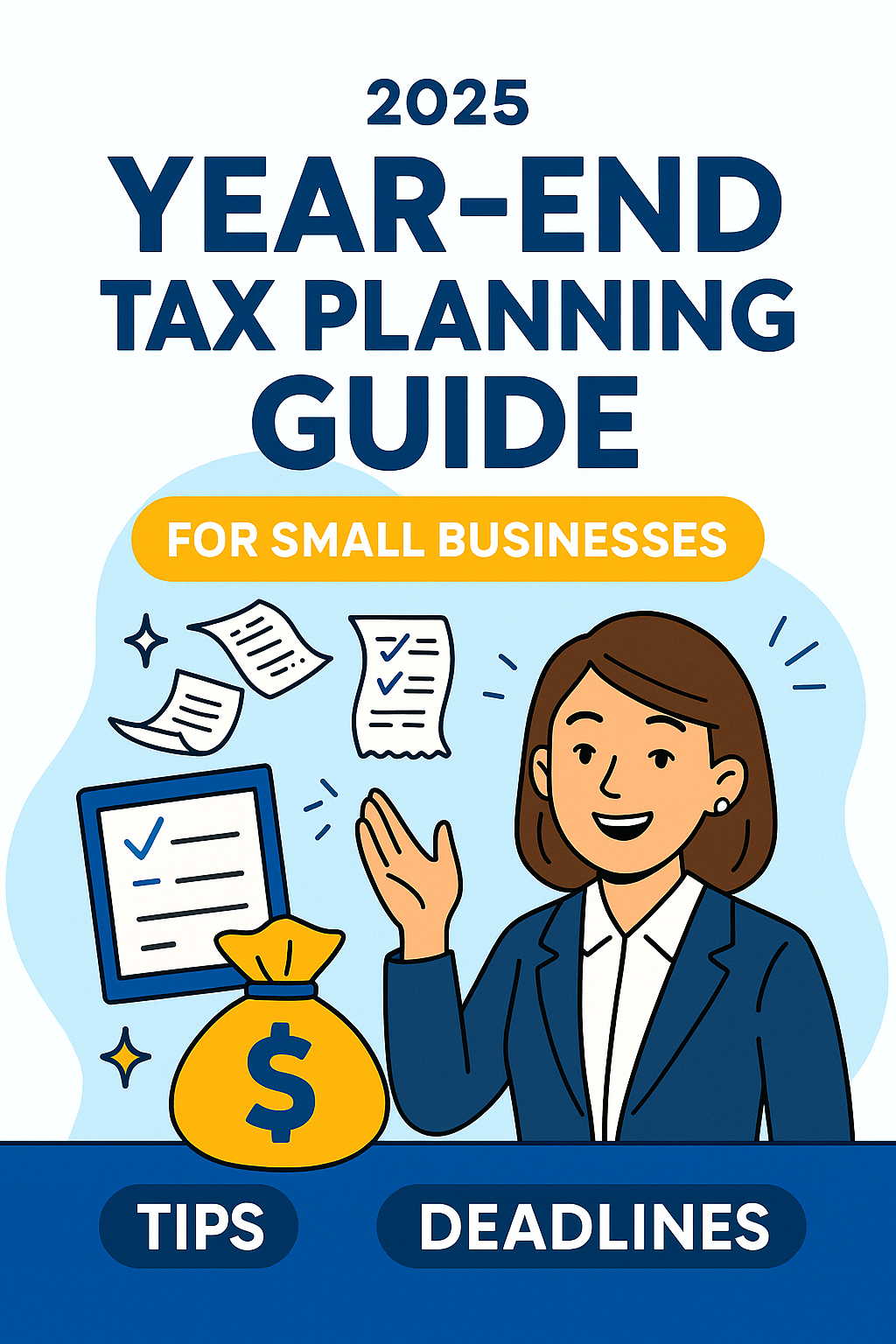
One of the most frequently asked questions I get from CleverProfits clients is if they’re legally allowed to set up their business in a different country (i.e., move their business offshore) to avoid taxes.
The answer is NO the vast majority of the time. Contrary to what you may have heard from your friend’s accountant, I would not advise it as I’m about to explain.
How federal taxes work in the US and abroad
If you’re a US citizen or green card holder who owns a US business in the US, you will pay US taxes on everything that your business makes. If you move to another country, the US tax law will still require you to file and pay US taxes. The only way out is to expatriate and give up your citizenship or green card (something outside the scope of this article.)
You might be eligible for some tax relief in the form of foreign tax credits or the foreign earned income exclusion. But this doesn’t change that you still need to file and pay US taxes.
Even if you create a business corporation in a zero-tax haven like the Cayman Islands, the US has mechanisms built into the Tax Code to force you to file and pay US taxes. This is called Subpart F income. For internet business owners running an agency or selling courses online, all of your foreign income will be subject to US inclusion anyway.
There’s really no avoiding US taxes at all by creating a company elsewhere without giving up your citizenship or green card. This is a highly costly endeavor that requires you to pay an exit tax on the fair value of everything you own.
But how does Amazon pay zero US tax?
Amazon is a multinational corporation with legitimate business operations in nearly every country on the planet. They have a primarily legitimate profit-shifting arrangement with their foreign subsidiaries. Amazon also has to deal with the same issues that individuals do, but they can better match their tax with the local operations of their business. They also receive many tax breaks from stock grants to their employees and R&D tax credits across the globe.
Can I just move to Puerto Rico and pay 4% tax?
Maybe. People screw this up even when they go through the legitimate process to file for a reduced tax rate exclusion with the Puerto Rico tax authorities. The issue is mainly around a concept we call “transfer pricing.”
Transfer pricing is how every country deals with shifting profits between related parties. A company you own in the US is related to a company you own in Puerto Rico, so your companies are subject to transfer pricing rules in both the US AND Puerto Rico.
You see, the US doesn’t like it when people try and shift their profit to tax havens. The Tax Code has laws that force you to justify the profit in Puerto Rico and the US. Items such as the original intellectual property you’ve created in your US company can’t be assigned tax-free to your Puerto Rico company. They must be licensed or sold, requiring you to allocate more profit back to your US business.
Plus, any existing employees or contractors remaining in the US must be paid for by your Puerto Rico company. This will leave some more profit in the US.
By the time all is said and done, your global effective tax rate could jump up to 15-20% instead of the 4% you were promised. This tax rate comes with significantly greater annual compliance costs paying both US and Puerto Rico attorneys, accountants, and consultants.
And you have to physically live in Puerto Rico for 183 days of the year.
FREE RESOURCE: The “5-Minute” Tax Plan: The online business owner’s year-end tax checklist
How else can I lower my tax bill?
If you’re running a profitable business, there’s no way to altogether avoid paying US taxes. The only thing you can do is work with an advisor to help you minimize your taxes to the best of your ability. You can take advantage of the correct tax structures, compensation, deductions, retirement planning, etc.
If you’re interested in learning more about how CleverProfits can help you save taxes in your business, schedule a free consultation with an advisor today.
The Clever Writing Team
The CleverProfits writing team includes various team members in Advisory, Financial Strategy, Tax, and Leadership. Our goal is to provide relevant and easy-to-understand financial content to help founders and business leaders reach their true potential.





